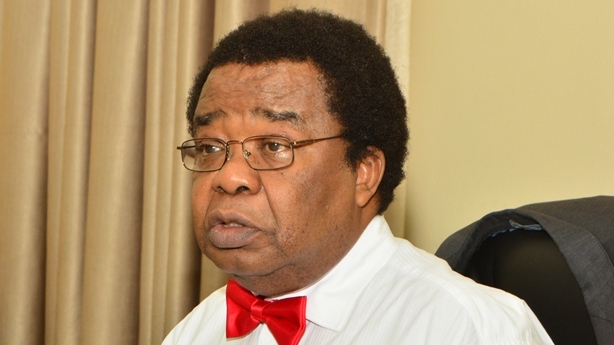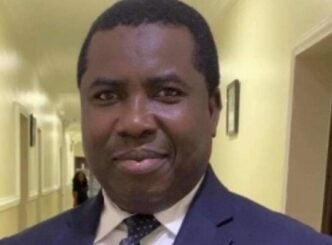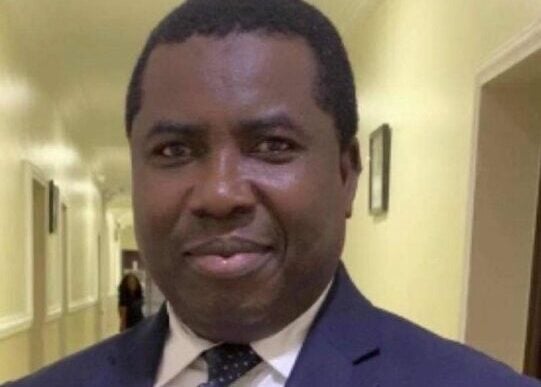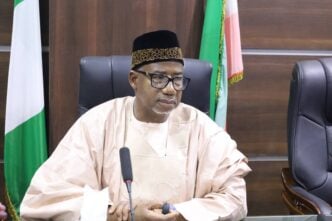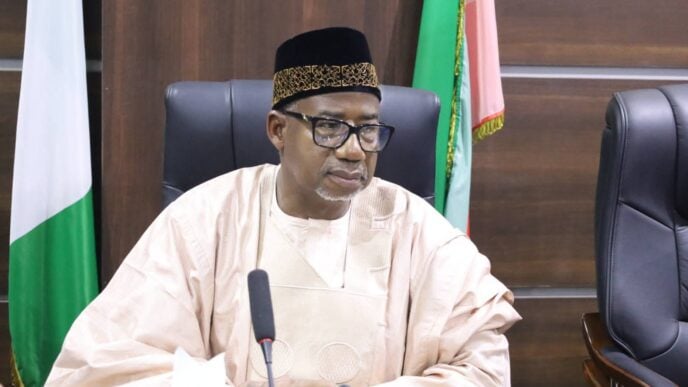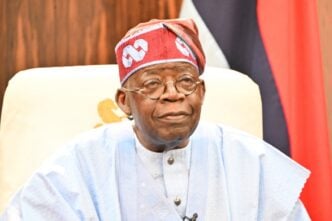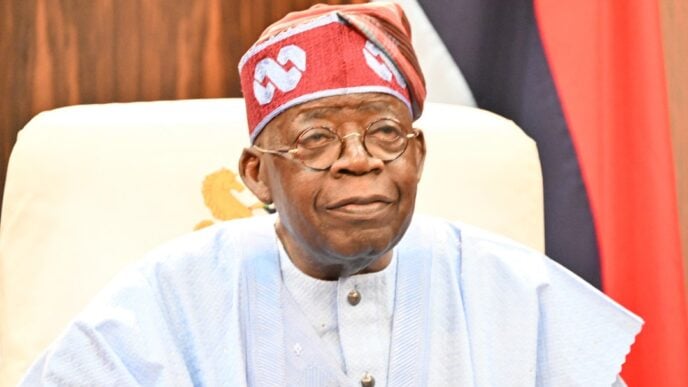Bolaji Akinyemi
Bolaji Akinyemi, a former minister of foreign affairs, says the claim of Christian genocide in Nigeria could lead to travel bans and visa restrictions against Nigerians.
Akinyemi was reacting to claims of Christian persecution in Nigeria from prominent voices in the United States.
Ted Cruz, a US senator, recently proposed a bill that seeks to protect “persecuted” Christians in Nigeria.
Riley Moore, a member of the US house of representatives, had asked Marco Rubio, secretary of state, to immediately take decisive diplomatic action against the Nigerian government over the “systematic persecution and slaughter of Christians” in the country.
Advertisement
Bill Maher, a US comedian and talk show host, also alleged that Christians are being systematically exterminated in Nigeria by terror groups.
‘IT MAY TRIGGER TRAVEL RESTRICTIONS’
Speaking on Channels Television’s Politics Today on Friday, Akinyemi said he was alarmed that Nigeria was being mentioned in the same breath as Israel regarding genocide accusations.
Advertisement
Akinyemi said the charge, if not addressed promptly, could damage the country’s global reputation and diplomatic ties.
“As a Nigerian, I am depressed and upset that the charge of genocide will be levelled at my country,” he said.
“When you compare what is happening in Nigeria with what Netanyahu has done in the Middle East, to now link Nigeria and put us in the same basket as Israel and accuse us of genocide, I think it is unjustified.”
Akinyemi admitted that there had been troubling incidents of violence in the Middle Belt but insisted they did not constitute genocide.
Advertisement
He also cautioned Nigerians against spreading narratives that tarnish the nation’s image abroad.
“It is true that there are unsavoury developments in this country, especially in the middle belt, that worry us, but it doesn’t amount to genocide,” he said.
“We Nigerians must understand that there are consequences to our actions, and when we run down our own country unjustifiably, we demarket our image, and every Nigerian gets affected by what is said or unsaid.”
He faulted the government for reacting slowly to the allegation, saying it should have intervened before the matter reached the US congress.
Advertisement
“I don’t know why we waited for the matter to get this far into the US congress before it became an issue of public concern in Nigeria,” he said.
“Before you know it, they will cancel passports, cancel visas, and when you want to run for security council positions, this matter will arise, and genocide will now be attached to the name and status of our country.”
Advertisement
‘FG MUST TREAT THE ISSUE SERIOUSLY’
The former minister urged the federal government to treat the issue as a matter of national importance rather than a partisan dispute.
Advertisement
“The Nigerian government must take this issue seriously,” Akinyemi said.
“This is not an issue for just the senate versus the senate. At the highest level, the ministry of foreign affairs and the national security adviser, the matter should be taken up directly with the United States.”
Advertisement
Akinyemi called on the national security adviser (NSA) to engage his counterpart in Washington and clarify Nigeria’s position.
“Now that the NSA is saddled with internal and domestic security affairs, maybe he should take it up at that level with his colleague in the United States and explain matters clearly,” he added.
On September 30, President Bola Tinubu said allegations of religious genocide in Nigeria are unfounded, noting that the country is built on the faith and resilience of its people.
Speaking in Owerri, the Imo state capital, the president said no religion is under threat in the country, adding that Nigerians, after 65 years of independence, have learned to appreciate their cultural and religious diversity.
On October 8, Mohammed Idris, minister of information, described claims of Christian genocide in Nigeria as “ignorant, false, and baseless”.
